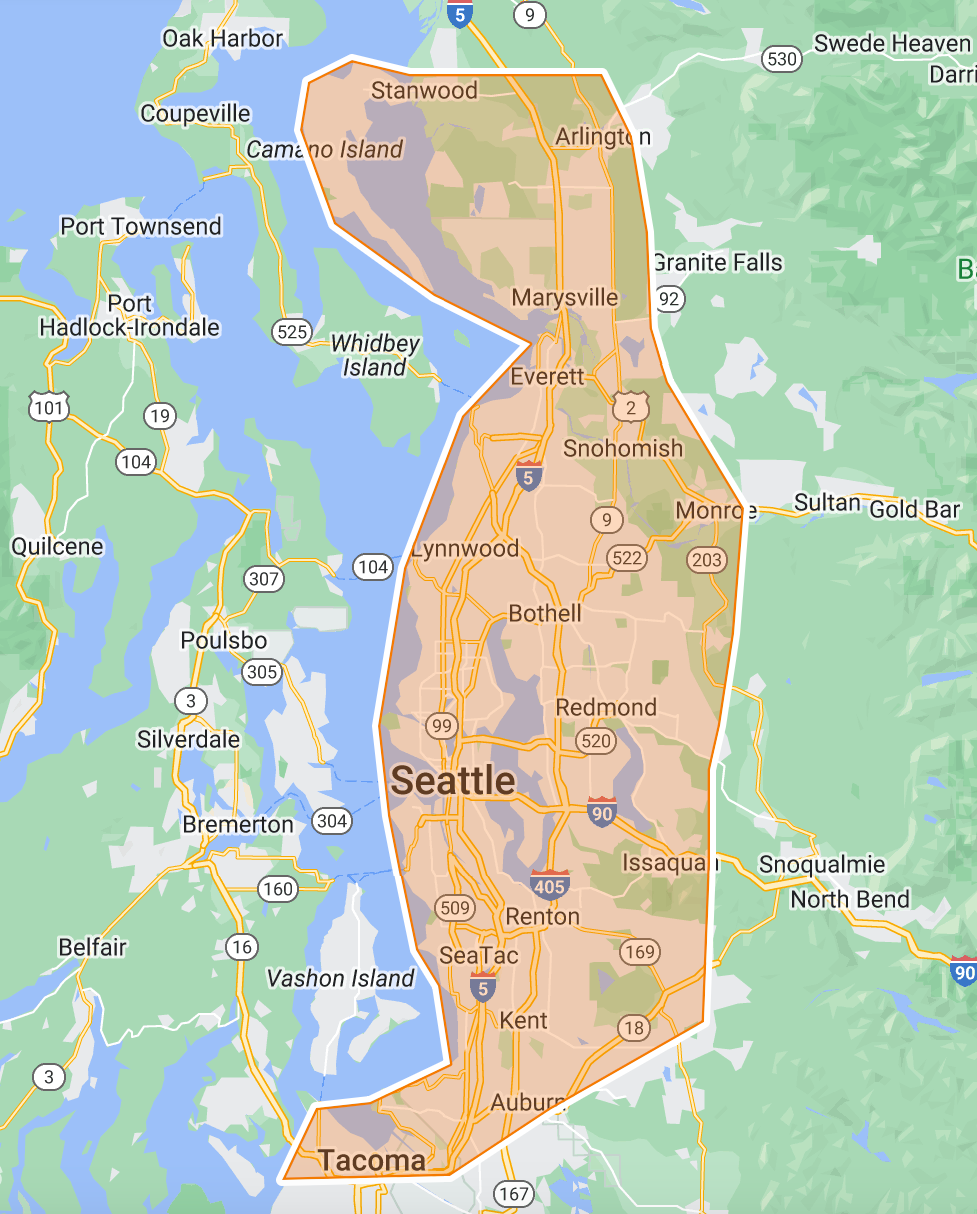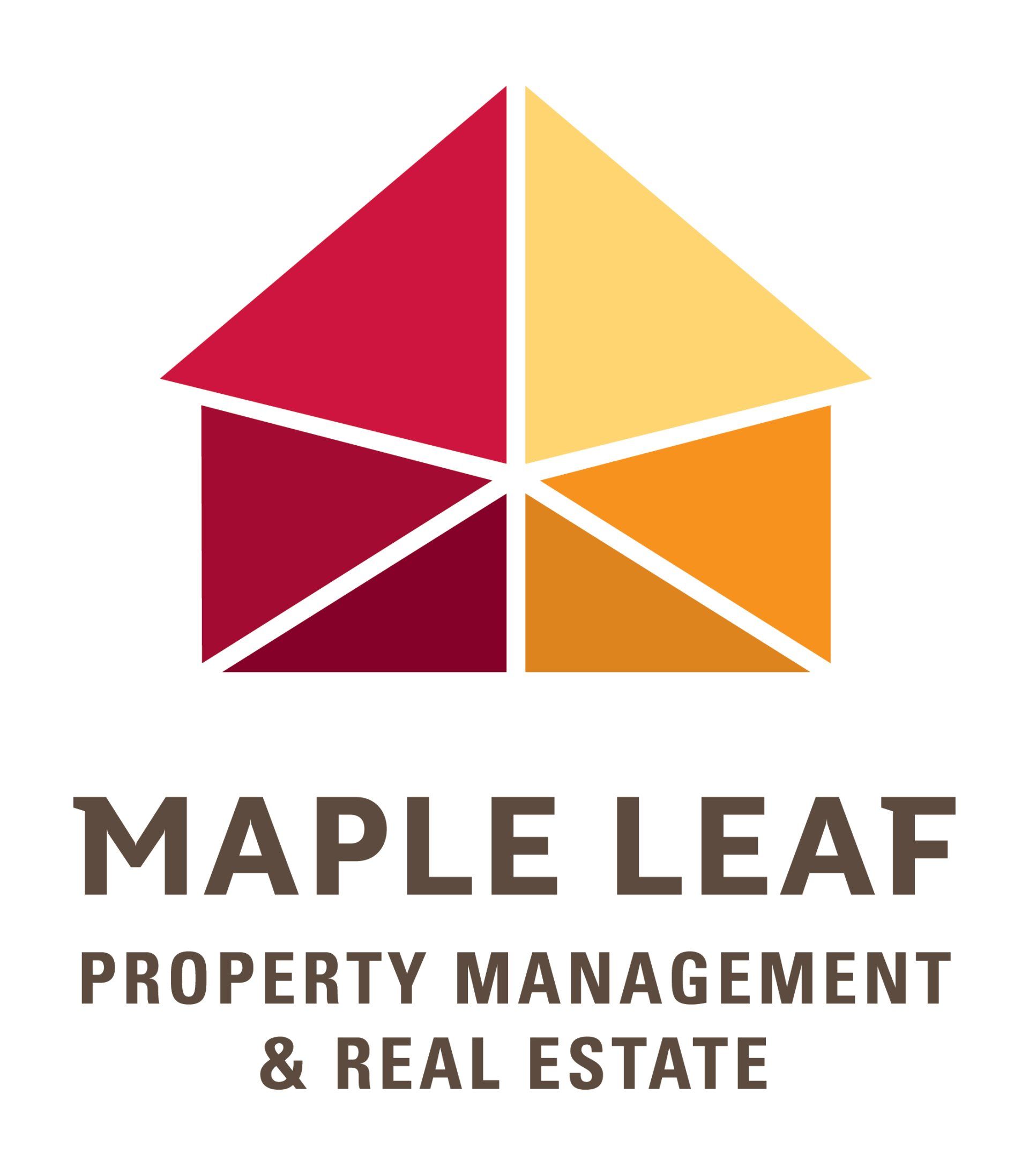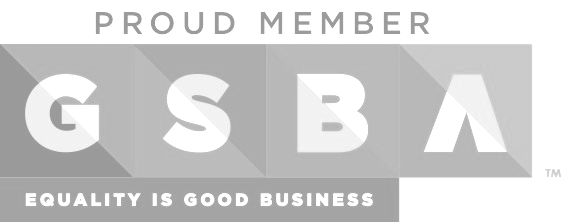Winter 2023 Newsletter
Our Reliable Service | Your Peace of Mind
Spotlight on Property Managers: Jen Webster
In the summer of 2015, Jen joined the Maple Leaf team and embarked on her real estate career. Initially she worked as an assistant property manager and leasing specialist. The natural next step was to obtain her real estate broker's license and begin working directly with new clients. While at first Jen focused on multifamily property management, she soon branched out to add single family homes, townhomes and condos to her portfolio. Eventually, in 2021, Jen would complete her managing broker's license requirements, which allowed her to grow her understanding of real estate as a profession.
As a longtime Seattle resident, Jen has extensive knowledge of individual neighborhoods and the transformations that have taken place over the years. She has experienced being a tenant during graduate school and is uniquely able to communicate effectively with people from all backgrounds. This serves her well as she emphasizes the importance of her role as the primary contact for both owners and tenants. Jen takes her agency relationship seriously, always considering what is best for her clients and their investment. She likes to exercise her research skills and apply those to providing top notch service and valuable insight about market trends, legal updates, maintenance and design.
In her leisure time, Jen loves spending time with her family both at home and out and about, exploring the beautiful Pacific Northwest.
Refresher Course on Rental Criteria
There are two ways to think of rental criteria: the things you can take into consideration and the things you cannot. The things you cannot take into consideration are clearly defined by Fair Housing, including race, age, color, religion, sex (including gender identity and sexual orientation), disability, familial status, or national origin. In Seattle the list of what cannot be considered is extended to include alternative sources of income, such as Section 8 vouchers, criminal history, military status, and use of a service animal.
If a prospective tenant has a disability that requires alterations to the home (such as wheelchair ramp or grab bars), the Americans with Disabilities Act requires the accommodations to be made, but at the tenant’s expense (and removing the accommodations is also the tenant’s expense).
The list of things landlords can consider for criteria is long and includes credit, rental history, and income. At Maple Leaf Property Management, we’ve extended this list to include the property must be toured before applications are considered complete, prospects must arrive to the tour at the appointed time, pet screening must be completed, strictly no smoking anywhere on the premises, and applicants must complete the intent to rent and pay first month’s rent within 48 hours of being offered tenancy. We’ve also fine-tuned the income and credit requirements as follows:
Credit requirement: (credit report via a third-party consumer reporting agency listed on the online application through our website).
- A positive credit history with no rental related collections; collections, outside of rental related collections, totaling $250 or more may be grounds for denial; more than 15% of derogatory accounts may be grounds for denial; no unlawful detainer action or eviction history; portable screening reports are not accepted; student and medical debts are excluded from the credit requirements.
- Income requirements include providing two recent paystubs with the employer’s name, employee’s name and date of pay period; offer letter from prospective employer; monthly household income must be at least 2.5 times the monthly rent.
For a complete list of all our criteria, visit https://www.mapleleafmgt.com/rental-criteria.
Our Service Area Keeps Growing!
When Maple Leaf Property Management first started, its “territory” was mostly northeast Seattle—our name being inspired by the Maple Leaf neighborhood. Now, you can find MLPM-managed properties from as far north as Arlington and Camano Island to as far south and east as Tacoma and Maple Valley. What’s next? Bellingham? Olympia? Our opportunities are limitless. We also manage all property types: single-family homes, multi-family properties including large apartment buildings, and commercial properties. One of the key ingredients to our growth has been focusing on long-term relationships. When we enter into a management agreement with an owner, it’s with long-range goals in mind. We want our owners to maximize their investment which takes planning, and a years-long vision for the property.

More Towns Adopt Protections for Renters
Numerous restrictions have been imposed on Seattle landlords in recent years, especially since the Covid-19 pandemic. Neighboring towns are now following the same path. A King-County based alliance called Stay Houses, Stay Healthy Coalition lobbied for changes in suburban cities including Burien, Issaquah, Kenmore, Kirkland, and Redmond. In these areas, landlords must now provide 120 days’ notice for rent increases over 3%. In Burien, Kenmore, Redmond and Kirkland, if the increase is over 10%, the notice time goes up to 180 days. There’s also a new cap on move-in fees in Burien, Kenmore, Kirkland and Redmond: they cannot exceed the amount of one month’s rent and the opportunity to pay in installments must be provided.
While these regulations do increase administrative costs and are time-consuming, we have learned through experience with similar rules in Seattle that we can adapt quickly and put processes in place to make sure nothing is missed.
Snapshot of the Rental Market
Seattle rents continue to decline, falling the third fastest of any major city in the U.S. (New York City is the first). Prices in the greater Seattle area, are more complicated. For example, prices have recently come down 3.4% in Renton, but year-over-year growth is still up over 7% (all data from seattlemet.com). In fact, most neighboring communities are still in positive territory when looking at the year-over-year data; with the exception of Mercer Island, which is down over 4% for the year (Seattle is down just under 1% for the year). As with all investments, it's important to take the long view with rental investments. Yes, Seattle rental prices have come down in recent months, but hardly at all over the course of the year (compare this to a stock portfolio!). This could actually be a good time to consider expanding your rental portfolio. With high interest rates, there’s less competition for buying property and also quite a bit on the market.
Getting Ready for the Busy Season
One aspect of the rental market that will soon change is the seasonal affect. Fall and winter are always slower, but interest starts to pick up again in February with our busiest time in spring and early summer. Here are some home improvement ideas to make your property:
- Get your HVAC inspected! During the fall and winter, most HVAC vendors are in “triage mode”—very busy with repairs to restore heat in the cold weather. When spring rolls around, they are more available to provide preventative maintenance, cleaning and proactive repairs.
- Check the roof and gutters. Your property’s roof is a huge investment. It’s important to keep the roof clean and moss-free to prolong its usefulness. And spring brings a lot of rain! Making sure your gutters and downspouts are funneling water away from your house could save a lot of issues with your foundation and basement down the road.
- Pressure wash sidewalk and driveway. During the fall and winter when everything is perpetually wet and in the shade, moss can build up on walkways used by your tenants and become very slippery. For the safety of your tenants, it’s important to keep these areas moss-free and safe.
- Boost that curb appeal! If you’re bringing a house on the market in the spring, strongly consider hiring a professional landscaper to provide a deep clean and pruning. The professionals have the know-how to make the landscaping look fresh and new—and can take care of it in a fraction of the time.





